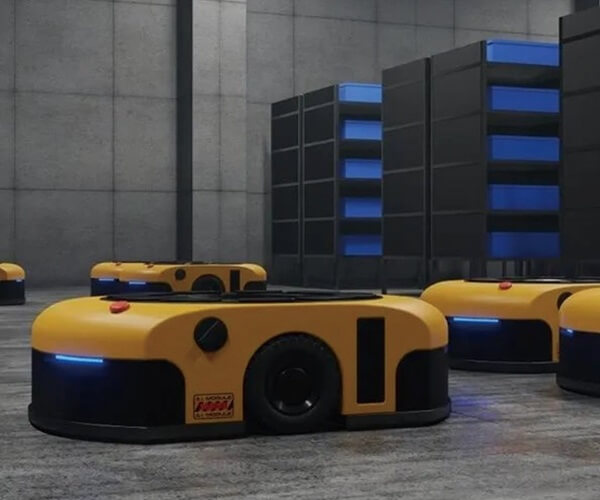Ever been caught in the whirlwind of trying to crack a complicated interview on microservices? It’s like walking into a maze blindfolded—suddenly, questions pop up that seem to come from nowhere, knocking your confidence. But here’s the thing: understanding the long, tangled road of microservice architecture isn’t just about memorizing definitions. It’s about digging into real-world challenges, like how to isolate failures, ensure scalability, or manage data consistency across services without letting the whole system collapse.

Picture this: you’re sitting across from a panel, and they start asking about designing resilient systems. Instead of parroting textbook answers, you share how you’d handle a sudden spike in traffic—maybe by deploying multiple instances that communicate asynchronously, so your service keeps humming. That kind of recall, paired with a dash of practical insight, can turn a tricky question into a highlight of your knowledge.
Some questions aren’t straightforward at all—they want to see if you can think on your feet. For example, “How would you troubleshoot a sluggish microservice?” The right answer involves a blend of logging, monitoring, and understanding how to trace distributed transactions. But what if they push further—“What if the failure is caused by network latency?” That’s where your analytical skills come into play. It’s more than just knowing the right technology; it’s about illustrating how you’d approach problem-solving on the fly.
Now, why is preparation so vital? Because microservices aren’t just a trend—they’re complex beasts with nuances that can trip you up if you’re not ready. Think about how you might handle service discovery problems or versioning conflicts—these are typical interview curveballs you’ll face. Mastering these questions isn’t about memorization; it’s about cultivating a mindset that’s sharp, adaptable, and well-versed in the intricacies of distributed systems.
And let’s not forget the missing piece: understanding the big picture. When someone asks about scaling, do you focus solely on technical tweaks? Or do you also talk about team collaboration, deployment pipelines, and continuous delivery? The most impressive answers layer technical expertise with strategic thinking—showing you understand how microservices fit into the larger tech ecosystem.
Sometimes, people walk out of interviews feeling unsure, doubting their grasp of the concepts. But digging into these questions, really thinking through them, builds that confidence. It’s not just about answering correctly; it’s about demonstrating a deep, intuitive understanding, making your expertise clear without sounding overconfident or overly technical. It’s a balancing act—showing you’ve got the knowledge, but also the ability to adapt, troubleshoot, and lead in real-world scenarios.
So, if you’re gearing up for that tough interview, embrace the challenge. Dive into those questions, think about every nuance, and don’t shy away from sharing insights that show you truly get the microservice landscape. Not just to pass the test but to stand out as someone who seriously understands how to build, troubleshoot, and scale complex systems. That’s the real edge.
Established in 2005, Kpower has been dedicated to a professional compact motion unit manufacturer, headquartered in Dongguan, Guangdong Province, China. Leveraging innovations in modular drive technology, Kpower integrates high-performance motors, precision reducers, and multi-protocol control systems to provide efficient and customized smart drive system solutions. Kpower has delivered professional drive system solutions to over 500 enterprise clients globally with products covering various fields such as Smart Home Systems, Automatic Electronics, Robotics, Precision Agriculture, Drones, and Industrial Automation.




































